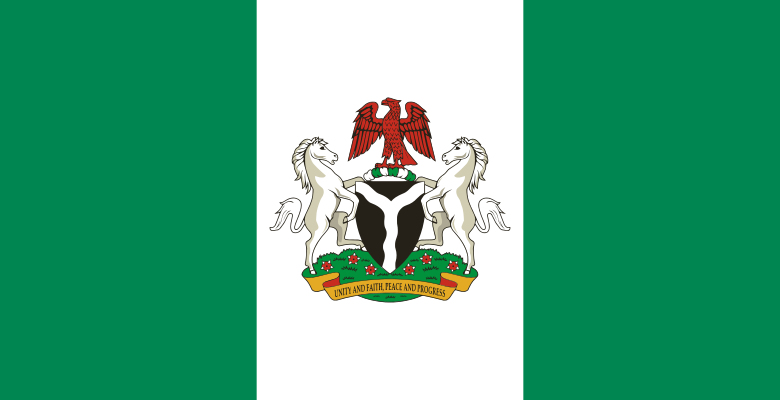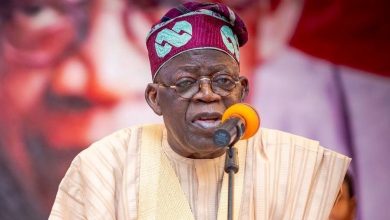
BY TONY OKAFOR
The recent wave of defections amongst Nigerian politicians has sparked widespread outrage and disappointment.
This behaviour demonstrates a blatant disregard for party loyalty, ideological consistency, and the trust of the electorate.
Defection erodes public trust, undermines democratic institutions, and perpetuates corruption – a betrayal of the people’s mandate and a demonstration of politicians’ willingness to prioritize personal interests over public service.
India’s Anti-Defection Law, enacted in 1985, provides a valuable precedent.
This law aims to prevent elected representatives from switching parties for personal gain, promoting stability and accountability in governance. Nigeria should follow suit.
We urge lawmakers to enact stricter laws to deter defections, such as lifetime bans from public office or loss of seat.
The judiciary should also take a strong stance, declaring defection a serious offence against the democratic process.
To promote a more harmonious and equitable federal system, Nigeria should consider constitutional reforms that redefine the powers and relationships between the presidency and subnational leaders, clarifying and limiting the powers of the presidency to make it more accountable.
Defection is not a mere exercise of freedom of association; it is akin to a coup d’etat against the people, undermining democracy’s foundation.
The cancer of defection must be surgically removed from Nigeria’s body politic. It is time to treat this malaise with seriousness.
The future of Nigeria’s democracy demands nothing less. The people’s voice must be heard, and their trust preserved.
Defection is coup d’etat against the people and must be treated as such.



